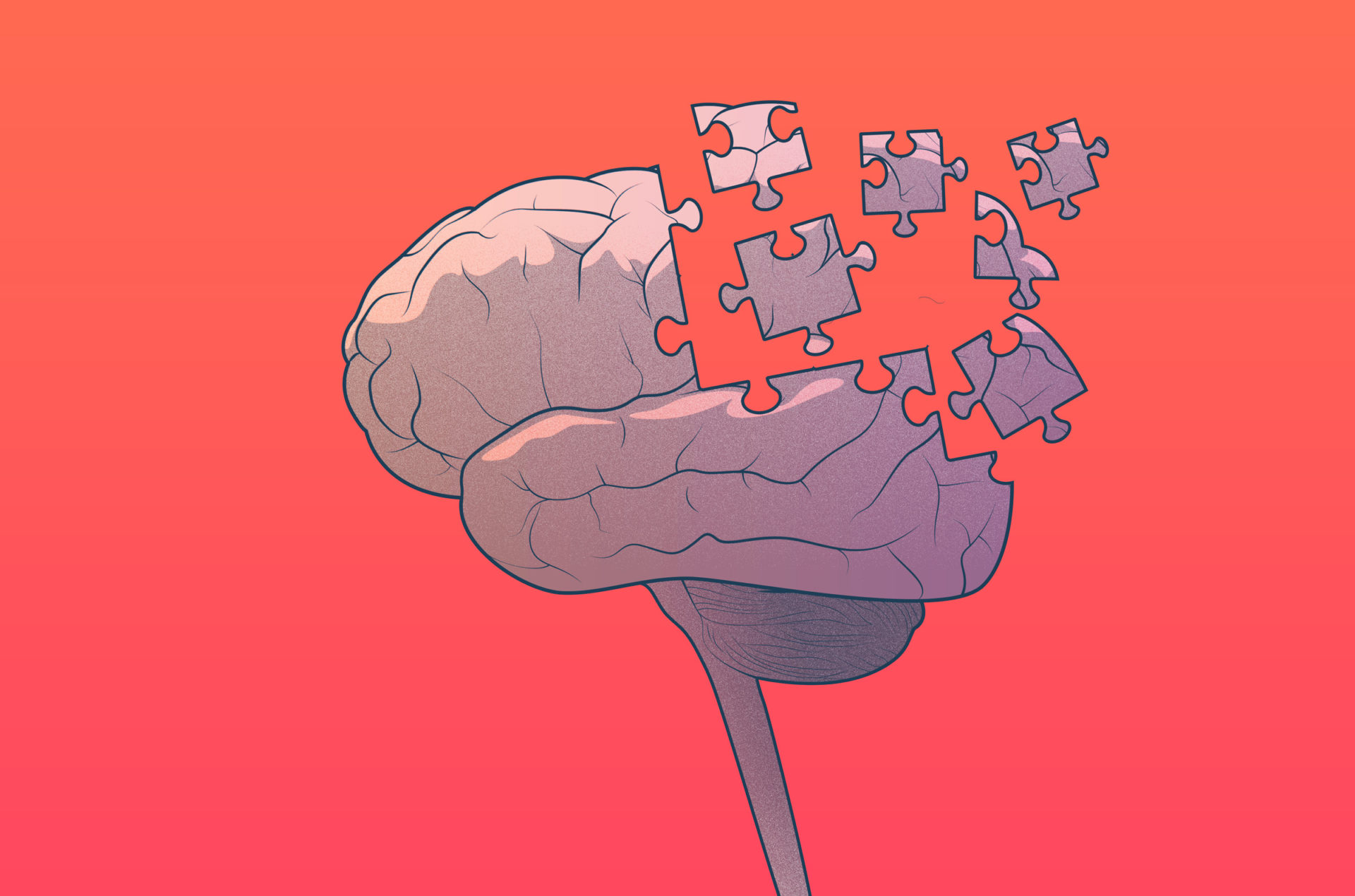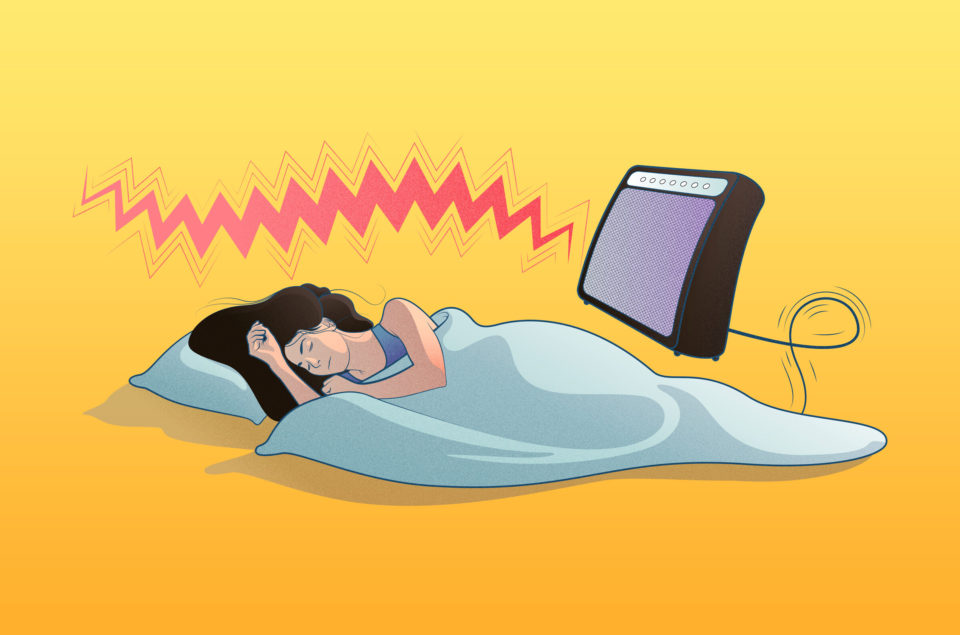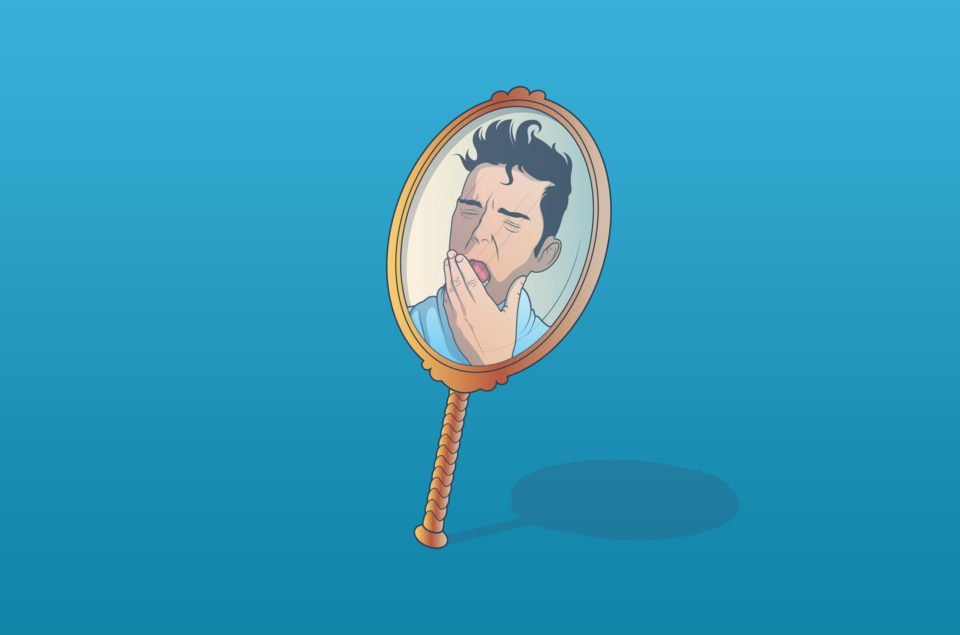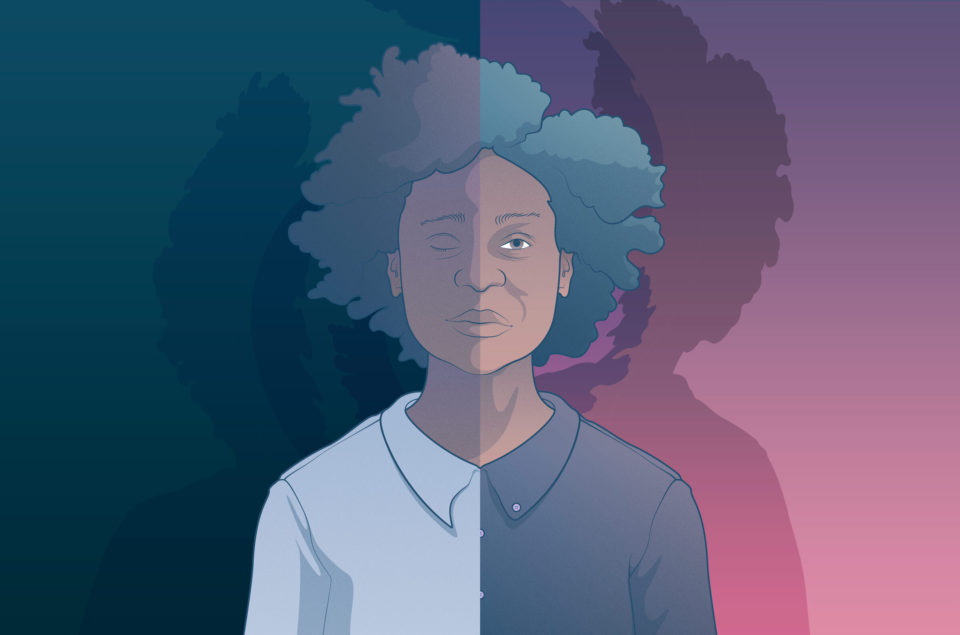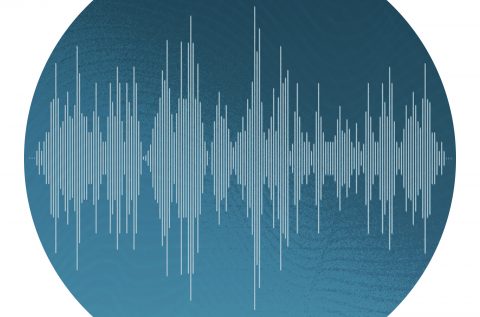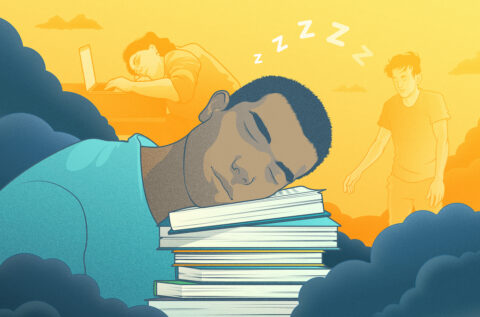Sleep and its broader impact on all parts of our life, has started taking its rightful place in the general conversation around mental health, fitness and overall well being. There’s a wider acknowledgement, now more than ever before, that to reach our fitness and health goals we need to prioritize sleep.
Similarly the link between sleep and cognitive learning (the mental action or process of acquiring knowledge and understanding through thought, experience, and the senses) is gaining traction.
The CDC (Centers for Disease Controls and Prevention) report that a third of U.S. adults usually get less than the recommended amount of sleep, linking the lack of sleep with many chronic diseases and conditions, both physical and mental. The CDC also has a stark message for students who suffer from a lack of sleep, stating they are more likely to have attention and behaviour problems, which can contribute to poor academic performance in school. However, if you turn the statement around, can better sleep also help improve learning and performing tasks? We take a closer look at how cognitive learning is impacted by sleep and the steps you can take to improve your sleep.
Lack of sleep and performance
A U.S. study on graduate and undergraduate students reported students’ sleep habits as poor and would benefit from intervention. It further stated that although sleep disorders were a national U.S. health concern, college students in particular report more sleep difficulties than the general population. It also mentioned links between sleep disturbances and decreased academic success and academic motivation. In fact, the same study refers to reports that have found a higher correlation between academic problems and sleep, than alcohol use, stress, depression, colds or flu. Lack of sleep can simply impair your decision-making capability and confines your creativity, having a negative impact, be it at work or in the classroom. Feeling tired also affects your motivation when it comes to delivering and performing at your best.
Sleep & Learning
A comprehensive study on cognitive consequences of sleep and sleep loss explores the link between sleep and cognitive learning and references a range of studies on the subject. One of the studies found a positive correlation between language learning efficiency and increases in the proportion of REM sleep. In addition many studies have indicated that sleep after learning has improved memory performance, consolidated and enhanced motor-skill memories. However the study also suggests that sleep before and after learning is critical for brain functioning. Simply put, sleep is important whichever end you start from.
It’s important to have had a good night’s sleep to maintain focus during the day, but equally important to rest once you’ve gone through a gruelling day at work or in the classroom, to help the brain process the information it’s taken in. It could be helpful to figure out the times where you’re at your most productive and the rest times that can be scheduled around these times. So if you prefer to do late nights, and can’t seem to break that habit, perhaps schedule in a power nap early in the day, so you avoid an increasing sleep debt. However, take care that your naps aren’t too long, as you don’t want it to become disruptive and make it harder to fall asleep at night.
Sleep & Memory
As discussed, sleep plays a fundamental part in processing our memories, which of course is essential for cognitive learning. Frida Rångtell Ph.D. Sleep Educator and Science Advisor at Sleep Cycle, refers to the connection between sleep & memory and that learning does not cease after we stop training or studying for it. New memories are fragile, and for them to stick, they need to be transferred to long-term storage sites in the brain. This is thought to occur during the so-called “offline processing,” This can occur during sleep. Certain characteristics of NREM and REM sleep (different stages of sleep) have been linked to memory processing. Sleep also plays a part in strengthening and stabilizing a memory.
Distance Learning and its impact on your sleep
Walking to class, or a commute to work, allowing yourself time to wake up during this time – has all turned on its head during the last couple of years with distance learning and working from home. An inevitable consequence of distance learning is that it has further eroded the space between work and sleep, especially considering the size of typical student accommodation. This can make it more difficult to maintain focus first thing in the morning if you’ve only taken the short trip from your bed to your laptop. Also maintaining the discipline to not work in bed requires monumental effort.
Campuses work hard to safeguard students’ health and welfare – during this time of prolonged distance learning and uncertainty, raise awareness of sleep and put it high on their agenda!
Tips for Better Sleep
- Bedtime routine – try working out a routine that works for you – everyone is unique and so is your sleep schedule. However challenge yourself – can you perhaps push yourself to wake up 15 minutes earlier each day for a week?
- Regularity – keep a sleep diary for a while to get a clearer picture of how you feel in relation to the amount of sleep you’re getting and the focus you feel you have on the days you have better sleep, compared to those days where you don’t. Set sleep goals for yourself and try sticking to it for 2 weeks to see the impact it may have had.
- Exercise and Daylight – many workplaces encourage walk and talks instead of sit-down meetings, try doing the same for yourself. Ensuring you catch some daylight and perhaps a little exercise will make it easier to fall asleep at night.
- Create clear work & sleep areas – don’t drag your laptop into bed and as much as possible, create a separate space which chalks out where you’re working and where you’re resting.
- Cost effective sleep gadgets – audit your sleep space. Can fresh bed linen, foam memory pillows (and not having snacks in bed) make it more inviting to sleep in the evening? There’s also a plethora of artificial lights that can make wake-up time gentler.
Enjoy exploring the abundance of sleep aids that can help you find better sleep and fully understand the powerful link between sleep and cognitive learning.
The irony is that when you choose to forgo a night’s sleep to cram before an exam – is that you sacrifice one of your greatest allies helping you stay fresh and focused when you need it most!
—
Want to learn more? Browse Sleep Cycle’s sleep content library for free.
With millions of active users and over 400 million nights analyzed in more than 150 countries, Sleep Cycle is the leading sleep tracker application and one of the most widely used solutions worldwide to improve sleep health. Sleep Cycle’s mission is to improve global health by empowering people to sleep better.
